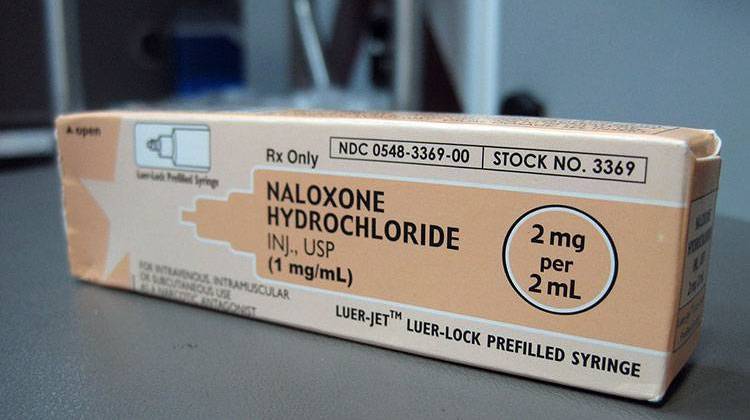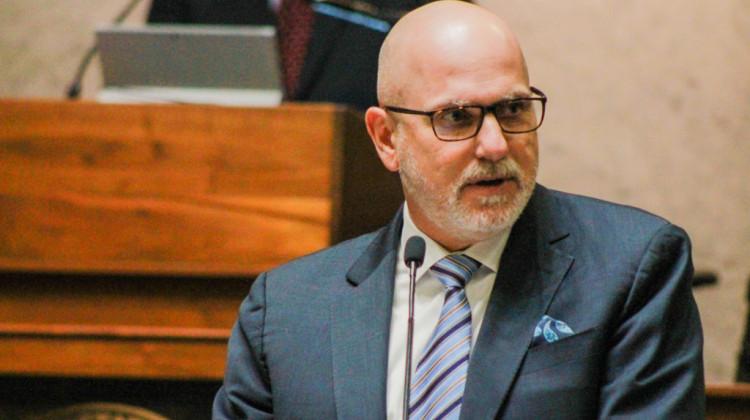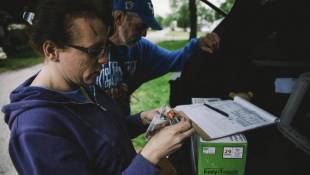
Clark County health officials say increased use the opioid-overdose antidote naloxone, community education and a needle exchange program likely contributed to the county's drop in drug-related deaths..
stock photoJEFFERSONVILLE, Ind. (AP) — Preliminary statistics show a 30 percent decline in overdose deaths last year in a southern Indiana county, marking the first dip in at least three years.
The Clark County Health Department is waiting on final numbers but said tests so far show 60 drug-related deaths in 2017. That compares to 90 in 2016. There were 55 overdose deaths in 2015, up from 53 in 2014. Clark County has a population of about 116,000 people.
"We feel like that's a pretty dramatic improvement," said Dr. Kevin Burke, member of community group Clark County CARES providing support and seeking solutions to the opioid crisis.
Burke told the News and Tribune the drop is likely due to increased use of an opioid-overdose antidote, community education and a needle exchange program that also provides information on treatment options.
He has helped implement the county's Narcan and needle exchange programs. Narcan is a nasal spray that releases an opioid-overdose antidote and is often carried by first responders.
"We call that harm reduction," Burke said.
Clark County Health Officer Eric Yazel said the county has made some headway, though there's still much to be done to stay vigilant and monitor trends.
County officials plan to soon launch an overdose notification system and an "addiction transition" program in emergency rooms.
Yazel said the notification system will alert health officials and other leaders to clusters of overdoses, including their location and timing. This will allow health officials to focus resources in certain areas.
The "addiction transition" team will offer follow-up resources, like a recovery coach or access to an addiction clinic.
"We've done a lot of work, we've got a lot of work to do, but I think we're definitely moving in the right direction," said Yazel.
 DONATE
DONATE





 View More Articles
View More Articles



 Support WFYI. We can't do it without you.
Support WFYI. We can't do it without you.